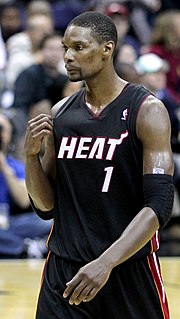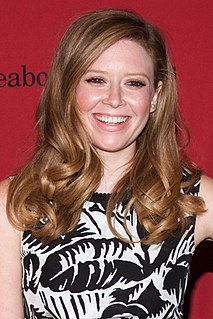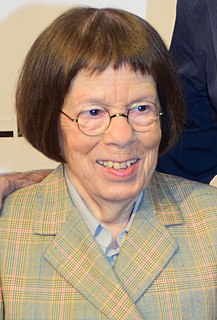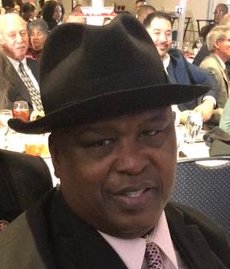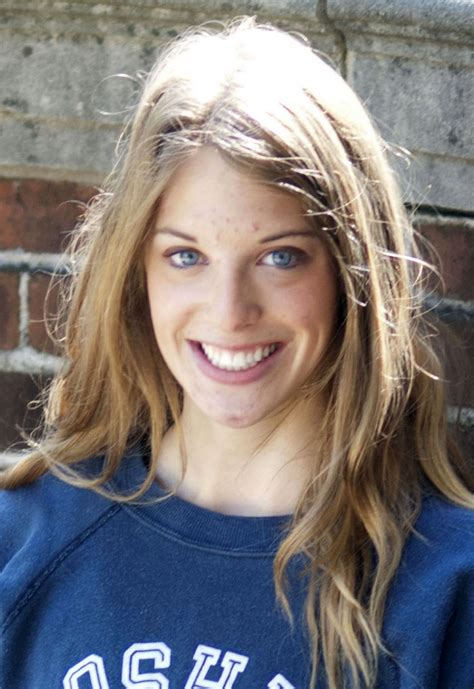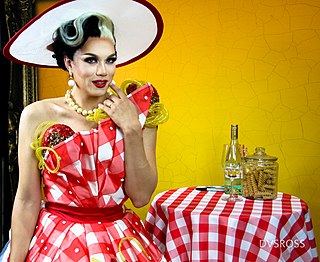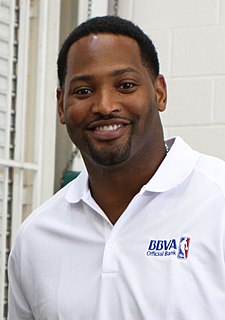A Quote by Chris Bosh
Schoolwork came kind of natural to me, but when I brought home a grade that wasn't up to par, my parents let me know it.
Related Quotes
My parents find me hilarious. They don't pull me up for anything because I'm a good daughter. I stay at home, don't party too much, people don't talk about my affairs or that I am unprofessional. In fact, people tell my parents that I'm so well-brought up. Yes, I tend to shoot my mouth off, but they don't pull me up for that.
When I came out, it wasn't a big formal conversation like in the movies. I just started living as my true and authentic self and opened up my life to my parents - sharing who I was, and bringing a girlfriend when I came home for a visit. To my great surprise, my parents accepted me for who I was and have supported me since.
My parents came from an environment where everyone knew that the way to be successful was to get a great education, and that was going to be your ticket in life. If you could succeed in education then you would succeed in life, so that was sort of the driving force behind my parents' upbringing, and therefore kind of how they brought me up.
I know where "Blubber" came from. It came from stories that my daughter told me when she came home from fifth grade. There was a kid in the class who was being bullied. We didn't even call it bullying then, that's what's so weird. Victimization in the classroom. The word bully was so out, was so not in use for all those years and now it's back big time.
My mother ran the household. In grade school, I came home crying one day. She said, 'What's wrong?' and I said, 'This kid said he was going to jump on me.' She grabbed me and slammed me on the floor. 'If you don't go out there and stand up for yourself, it's going to be me and you.' I didn't want that to happen.
I knew I just loved comedy, and I think it was my parents who initially brought up the notion of me trying to do stand-up. I think I actually tried writing jokes just at home, just kind of sitting around. But it seemed like a very real way to step into the world of comedy. I felt I could do it, so why not?
